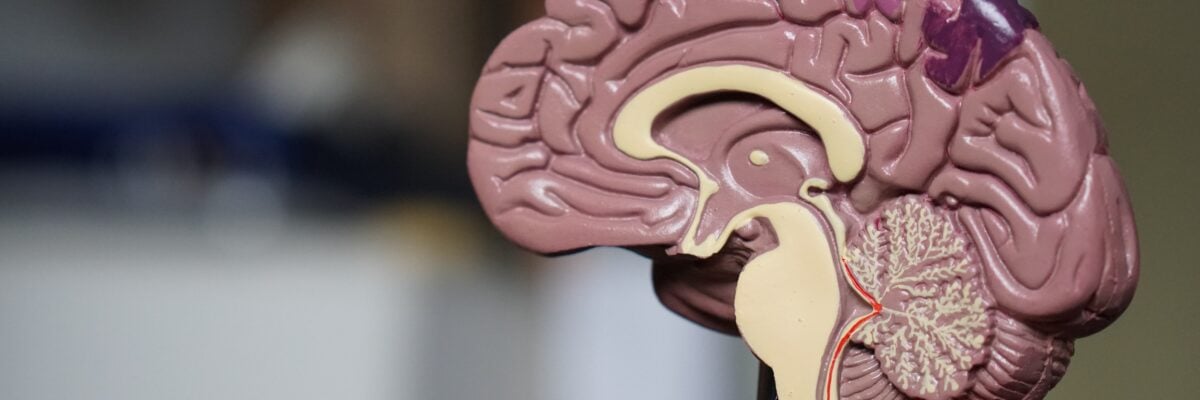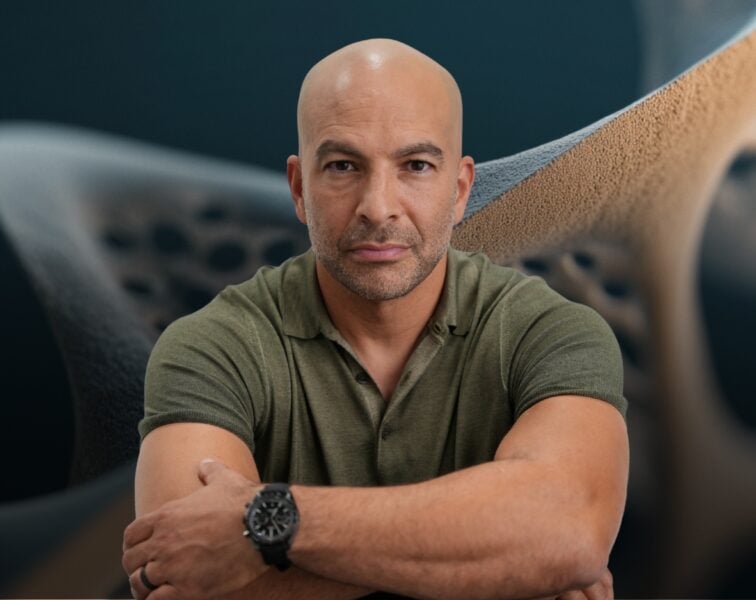A very interesting article making the rounds this week, covering a potential treatment for Alzheimer’s disease—L-serine—based on a hypothesis that an amino acid produced by cyanobacteria, BMAA, is causing ALS and Alzheimer’s disease (in particular geographic regions).
I don’t know that I buy it, though. It seems plausible, even probable, that “too much” BMAA might be a problem—and in said cases maybe high dose L-serine helps (if you’re wondering, they are talking about 30 g per day!!!). However, as a global hypothesis, I find it, thus far, unconvincing. For starters, there are too many macro observations that don’t line up, such as the overwhelming overlap between AD and vascular pathology and global metabolic pathology, both of which point to a neuronal energy crisis.
That said, it is great to see someone else brazenly pointing out how weak the amyloid hypothesis is. Perhaps a bigger takeaway from this article is the approach this particular group takes: a consortium from different fields converging on the problem is likely the right way to address a problem as daunting as Alzheimer’s disease.
– Peter




